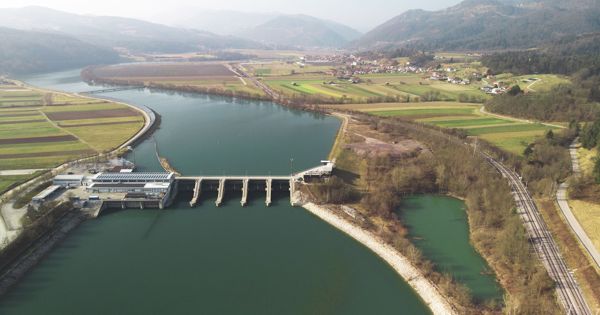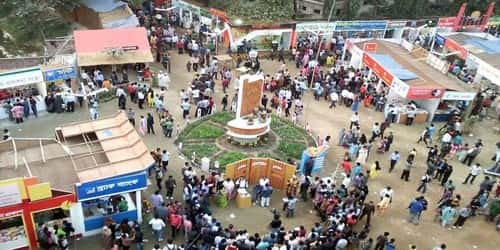The Study of Medicine
There are some professions, which help nobody in particular; the world would not suffer if these professions are abolished. Such is the profession of the book-maker, of the money-lender, or of the stockbroker. They come into the world as part of capitalist civilization. They are parasites who live upon others. They fulfill no social purpose. Their function is un-creative. But such among others is not the profession of the doctor. He is a benefactor of humanity. He is indispensable to life. He scatters health and happiness. He fights against the invisible enemies that prey upon the human body. He will be needed as long as man is subject to disease and death. Hence the study of the science of medicine is one of the noblest studies that we can choose. For what can be nobler than the art of healing?
In India, unfortunately, opportunities for the study of medicine are extremely meager. A state like West Bengal has only eight medical colleges, five being situated in Calcutta alone. Only the S.S.K. hospital provides scope for post-graduate studies and research. There are also a few medical research institutes working in specialized fields. Institution for the study of homeopathic or Ayurvedic medicines which used to be managed exclusively by private agencies is now receiving some amount of state support. Various missions maintain highly developed centers for specialized treatment of diseases. Notable among them are the cancer institutes in Calcutta and Bombay. But medicine is a science with needs a great deal of money for its expansion and growth. No private agency, however rich or well endowed, has the means to serve a nation’s needs. It is in the fitness of things that the state is now taking larger interest and initiative in these directions.
The task that lies before us is heavy and formidable and needs a good deal of rethinking. Large hospitals have to be attached to medical schools and colleges, not only to serve the people but also to afford facilities for the students to obtain practical experience. Well-equipped laboratories, for carrying on continuous research are required. For the development and multiplication of these, the one thing necessary is unstinted financial help. That is why it is necessary to insist upon greater state-help in this direction. Students will not be wanting if more institutions are founded.
The study of medicine has two aspects-curative and research. Most of our institutions are concerned with the study of curative medici9ne. The medical schools and colleges teach how to diagnose diseases and prescribe for their treatment. But research is equally indispensable. Institutions like the school of Tropical Medicine, the Rockefeller Institute, and the cancer institute of Calcutta, or the Haffkin institute of Bombay, or the tuberculosis institute at Madanapalle should be multiplied. For science is discovering new modes of knowing and studying the inner organs of the body, new methods of attacking the roots of diseases. Radium therapy, X-ray treatment, the administration of ultra-violet rays, the examination and detection of disease-germs –these are some of the adjuncts of medical science. To study the use of them for the diagnosis and treatment of diseases is an important aspect of medical science because, by the methods, new modes of treatment are discovered.
Today thanks to earnest workers, diphtheria is completely conquered; immunity from plague or small-pox is more or less assured; tuberculosis is no longer incurable; kala-azar has been entirely mastered; pneumonia has been brought under control; operative surgery has been developed to the point of perfection, and protection against diseases has been to a great extent ensured. The Unani and Ayurveda systems contain medicines that need to be studied and understood scientifically. The usefulness of indigenous herbs for curative purposes has to be more seriously investigated. The basic principles of homeopathy are finding support from unexpected quarters. The study of these will open up a new era in the history of Indian medical science. Side by side with the practice of medicine, studies in medicinal research have to be undertaken.
The study of medicine is not for the acquisition of knowledge for its own sake. Its aim is not only utilitarian but philanthropy also. The doctor is a friend of humanity. His services should not be confined only to the able-to-pay members of society but should be available to all who need them. Hence to have free health service is so important. The government must maintain these as is being done not only in Russia but in Great Britain and other countries also. A private initiative can do something like, for example, the excellent work that is being done by the student’s’ Health home in Calcutta. But only the state can do all that is possible in this line. The health centers, now being built up in the community project areas will surely bring the benefits of modern medicine to the villagers who had been so long doctored by quacks. It is necessary to remember that modern medicine has but touched the fringe of the vast population in India.
India needs not only research works and students, but an increasing number of medical men. The villagers lack trained doctors who find a practice in the towns easier and more profitable. Hence it is necessary that more and more studies should take to the study of medicine. It is not that there is any lack of walling students; what is needed is a large number of medical schools and colleges to receive them. The government and public bodies must Calcutta the total personnel in terms of our requirements, and make plans to ensure that the target is reached within a specified number of years. This should an important aspect of our five-year plans.
















